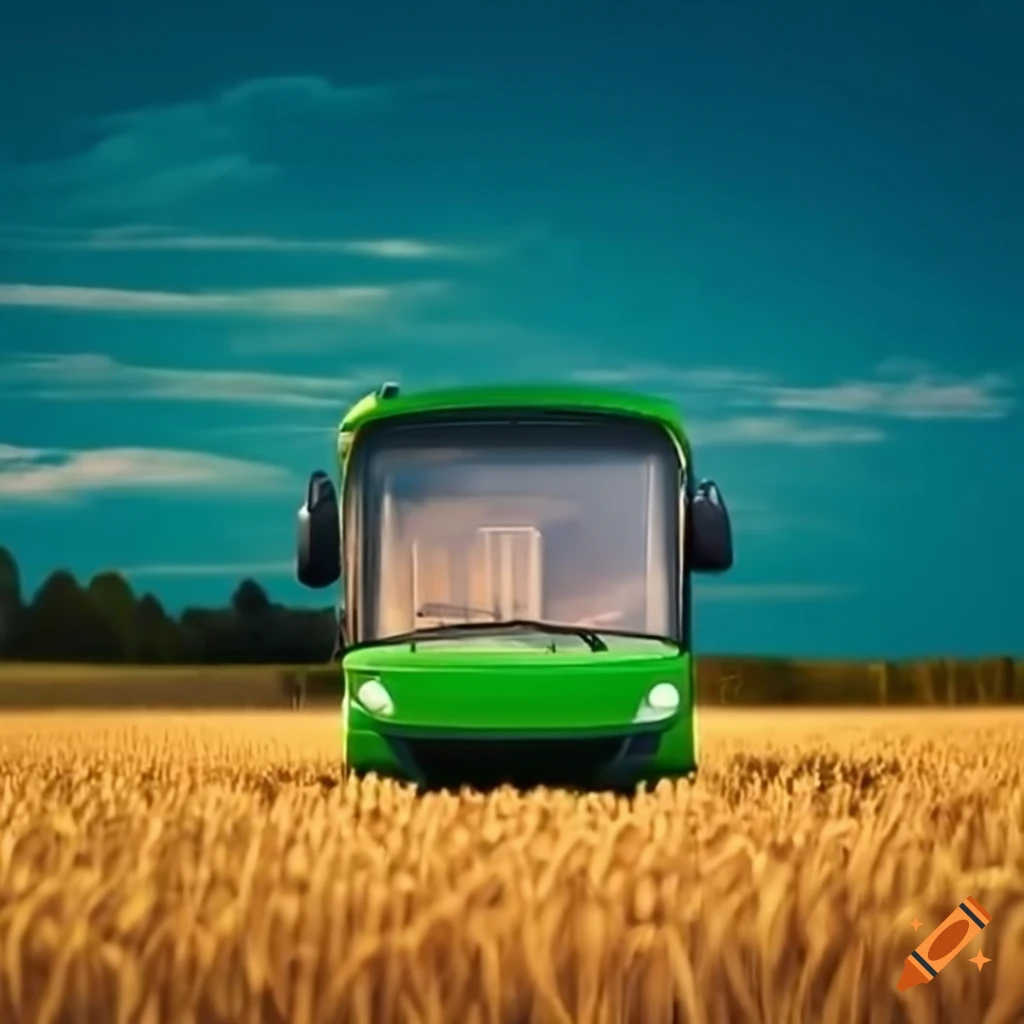It’s fair to say that city bus operators are leading the way in the UK (and elsewhere) in terms of vehicle electrification. It’s easy to see why – buses are providing a visible public service, and public opinion is firmly demanding cleaner air.
Plus, it’s always been the case that the newest buses are used first in cities, with older vehicles moved out to a second (and third, and fourth) life in more rural areas. This makes sense because city buses are used more intensively, so newer vehicles are preferred. It’s especially true for electric buses because (a) their higher capital cost can be more quickly recouped from their lower running cost, and (b) they save even more money where more polluting vehicles are subject to Low Emission Zone charges.

There’s a similar picture with coaches. Large operators buy new vehicles to run the high mileage, profitable inter-city routes, while small operators, with only a handful of vehicles, are using coaches that are 10 or 15 years old to do school runs and day trips in villages and market towns.
So, will rural areas just have to wait for cleaner vehicles, and can we assume that as the current crop of electric buses (and a few coaches) will filter through the market over the next decade?
Well, maybe, but maybe not, and that has got smaller operators worried. At the excellent Zemo electric bus event with Abellio in London last week, I was chatting with Peter Bradley of the UK Coach Operators’ Association (UKCOA). We’d spent the morning hearing about the huge investments going into charging infrastructure for electric buses in London depots – very inspiring, but even if UKCOA members are able to buy a used electric coach in a few years’ time, how are they going to afford the infrastructure to charge it?
A couple of positive thoughts on this came out of the event. I chatted to Lucy Parkin of Kleanbus, who are taking old Optare Solo buses and repowering them with an electric drivetrain. Equipmake have just started to do the same for coaches. At the start of the electrification journey, taking an old vehicle and fitting it with an electric drivetrain was the only way to get electric versions of heavy vehicles. Once new electric trucks and buses started rolling off production lines, repowering was perhaps seen as a bit ‘Heath Robinson’, but now it’s having a resurgence in sectors where vehicles have a long life.
A burgeoning repower market may provide smaller/rural operators with a way to buy cheaper electric vehicles without waiting decades, but what about charging infrastructure? That’s going to be a tough nut to crack, and something rural councils need to address in their charging strategies. But one possible piece of the puzzle came out of chatting to Jon Eardley of Abellio. His depots are investing in dozens of high power chargers that buses will use overnight, but their depots are all but empty during the day. They are already in discussion with coach operators bringing day-trippers into London to offer their depots as parking locations, and potentially charging locations, during the day.
